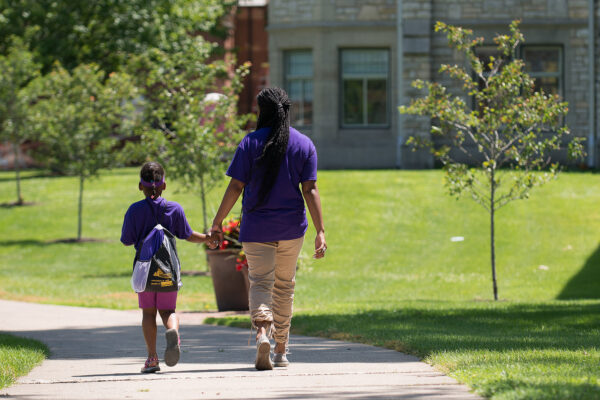By Cathy Sandeen
Digital badges. Verified certificates. Alternative credentials.
You may have noticed a trend. More and more people are finding new ways—outside of traditional postsecondary degree programs—to show employers they possess the skills and knowledge needed for a constantly changing workplace.
Understandably, many in the traditional higher education universe are skeptical about a lack of third-party validation of course content and quality.
I have lived and worked in Silicon Valley and Los Angeles, two areas where alternative credentials have flourished and function effectively in the technology, design and entertainment fields. In my previous role as dean of UCLA Extension, one of the nation’s largest providers of non-degree educational programs, we offered nearly 150 professional certificate programs that did not carry degree-level academic credit but were widely recognized by employers as complementing more traditional academic programs.
Digital badges and verified certificates are just the latest development in non-degree credentialing outside the realm of traditional academic credit. Many professions have long had their own certifications or examinations that validate skills and knowledge and are recognized within those fields. These credentials have functioned alongside and complementary to traditional higher education degrees. Might the newer alternative credentials eventually replace degrees? I don’t think so, but higher education institutions should begin gauging the value of alternative credentials and where they fit into their academic missions.
With two-thirds of U.S. college or university students falling into the non-traditional category (meaning they aren’t first-time, first-year students arriving on campus straight from high school), non-degree certificate programs may play an increasing role in providing postsecondary education opportunities for more Americans.
Digital badges are a means of validating discrete skills and competencies acquired in any number of learning environments without having to complete a full class or program (Mozilla Foundation’s Open Badges initiative is the leader in this movement). A number of education providers—schools, museums, other nonprofits and companies—have established digital badges that people can earn to document learning. Each person’s badges are maintained online and can be shown to employers much like a traditional transcript, although they are unlikely to be accepted as formal transfer credit at degree-granting institutions at this point.
Verified certificates are a newer development. These certificates ensure that a student enrolled in a completely online course, particularly a massive open online course (MOOC) being taken by thousands of students, is the same person completing the work. Verified certificates are offered currently by two MOOC platforms: Coursera’s Signature Track and edX’s Verified Certificates. To earn one of these certificates, students must complete course requirements (as determined by the course creator) and pay for a process to verify their identity.
Students should keep in mind that while many verified certificates are for courses taught by professors from specific colleges and universities, those and other institutions generally do not award academic credit for them. (A few MOOCs have been externally reviewed through an ACE research and evaluation initiative. So far, ACE has issued credit recommendations for five Coursera courses, seven Udacity courses and one edX course.)
Might individuals amass a series of badges and verified certificates with unrealistic expectations of their worth—a form of digital age résumé padding? Perhaps. But the employer market is generally pretty sophisticated, and the value of these credentials will rise or fall based on the actual performance of the individuals who have earned them.
At the end of the day, I see these new credentials as yet more evidence of a precious commodity—the human quest to learn. In an open world of ubiquitous information, badges and certificates may provide a boost to this quest—and become an integral part of the traditional higher education arena.
If you have any questions or comments about this blog post, please contact us.

